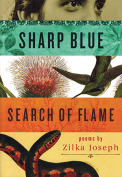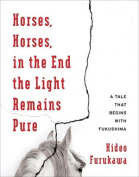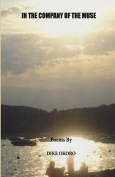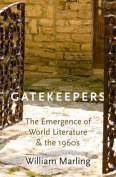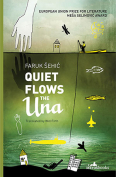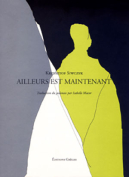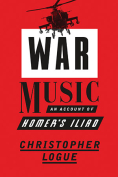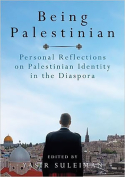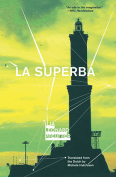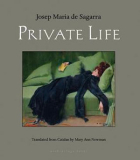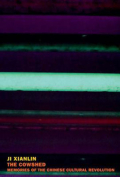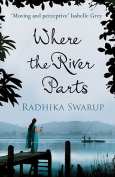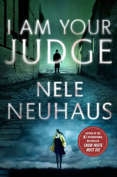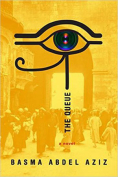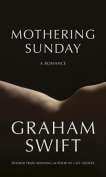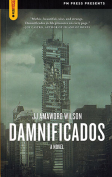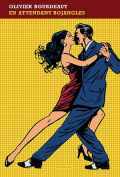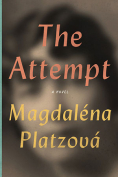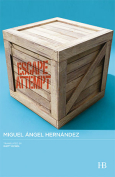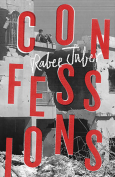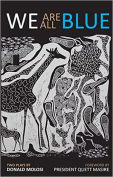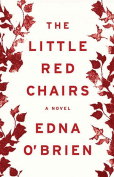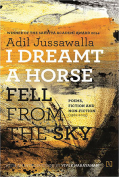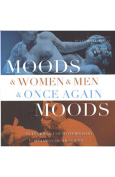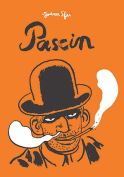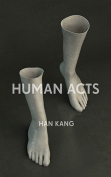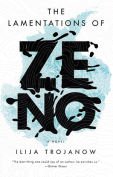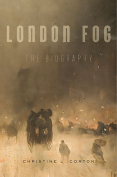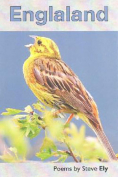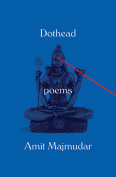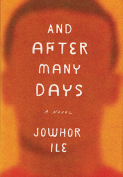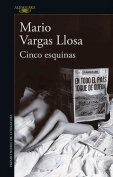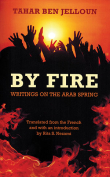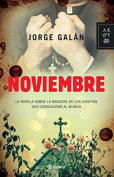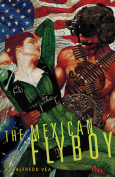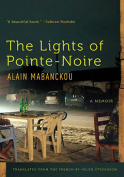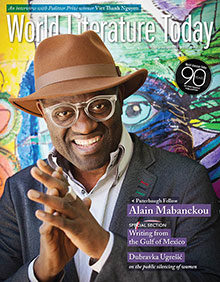Quiet Flows the Una by Faruk Šehić
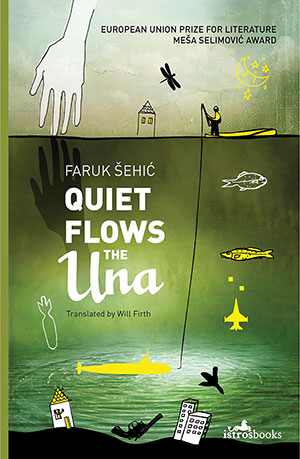 London. Istros Books. 2016. 193 pages.
London. Istros Books. 2016. 193 pages.
When a trauma as perverse, crushing, and searing as the extended, violent breakup of one’s nation occurs, it can take the most sensitive of souls a generation or longer to compress this experience, gain hold, and make of it something of lasting aesthetic value—and in this way rise above it, to say, “See, we are not monsters, we are artists still, true and enduring.”
Quiet Flows the Una is such a work. Its redemption comes in the edgy, open way its sweetly earned idiom acknowledges the horror of the Bosnian War and the writer’s combat experience in it. Just as the monster within is finally able to grow through and beyond this back into cummings-like smallness, so too this meditative, poetic refashioning parallels—i.e., re-creates as it recounts—the writer’s journey, as he takes ownership over his experiences and feelings, packed and layered in this autobiographical novel, and constructs a way to pass through unscathed.
Nor does Šehić take the easy, patriotic recourse of idealizing his prewar childhood state. The poetic soul is already born into scarcely contained revulsion, the prose relentless in eviscerating all demons alike, in etched, sensual detail. “Somewhere in this catalogue of disgust and attraction was the nasal sing-song of the blind Romany who used to stand with his creased face and matted black hair in the town marketplace every Monday of the late 1980s, amidst the masses that stank of sweat and fresh curd cheese.”
The natural symbols give way to the allegorical, thence to the phantasmagorical, as the real war, with its real deaths and actually horrid stench, bubbles up into the text. Even this morphs back as monsters of war regress to gentler roles; characters, locales, and impressions fold back in, assimilated after their sway of warmth or ill has passed.
It’s hard to catalog the many ways this work satisfies. There is its intellectual rigor—with generous reference points in modern and contemporary film, literature, music, and philosophy, placing events insistently within our larger, shared culture—as well as the prose’s generally uncompromising tenor itself. There is its psychological rigor, restraining any impulse to moral superiority. There is the sheer compression and innovation, pushing this narrative into folds of continually greater nuance and delight—and make no mistake, this is a work flooded with delight, enlivened further with whimsical line illustrations by Aleksandra Nina Knežević. A special place must also be accorded to Will Firth, who has translated the Bosnian original into an English laden with unique atmosphere, at once exotically local yet recognizably universal throughout.
Behind all this there is such hard experience—the iconic shattering of the Yugoslav wars—that Quiet Flows the Una is self-evidently earned and relevant and never devolves to writerly exercise. Yet in it we find also the poet’s insistence throughout that it succeed or fail on its artistic merits. Succeed it does—and the resulting catharsis can lift us all.
Andrew Singer
Trafika Europe
